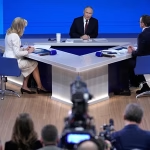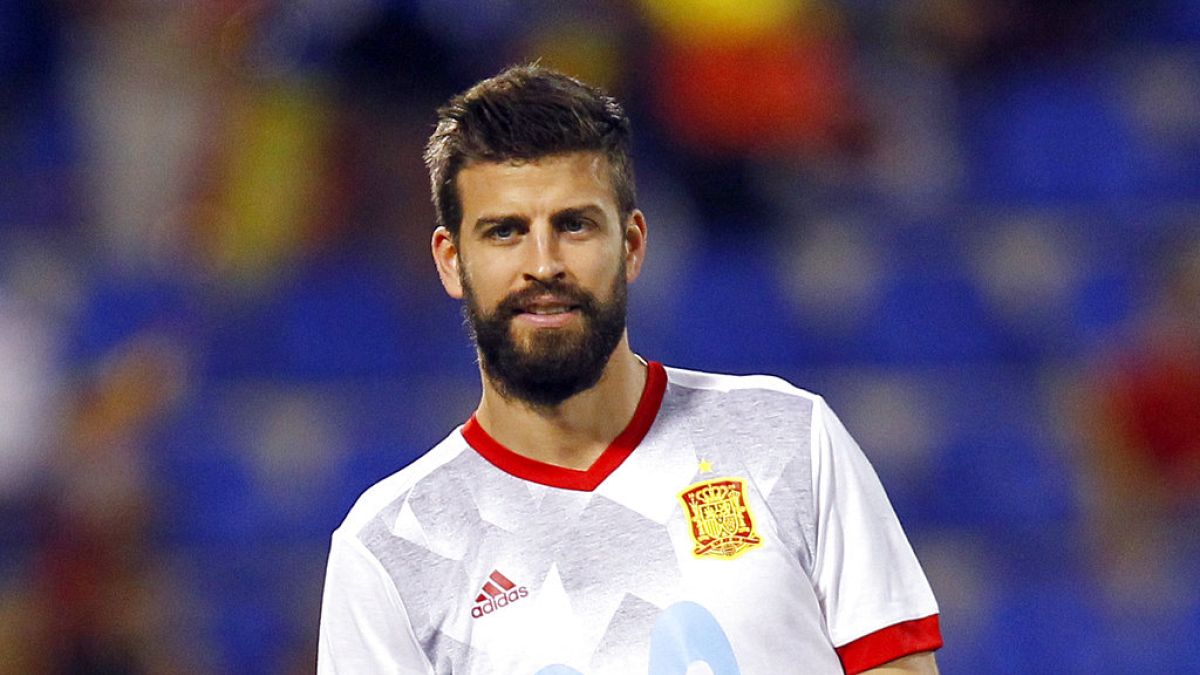Former Spanish football player Gerard Piqué is now under investigation for his involvement in a deal that brought the Spanish Super Cup to Saudi Arabia. The investigation is focusing on potential corruption and money laundering in connection to the tournament being held in the Middle Eastern nation in 2019. The deal, orchestrated by former federation president Luis Rubiales, was worth €40 million per year for a 10-year agreement. Documents revealed that an additional €4 million per year was to be paid as a commission to Piqué’s sports entertainment company, Kosmos, while he was still playing for Barcelona and participating in the Super Cup.
Piqué has since retired from football, but his company, Kosmos, has been involved in other sporting ventures such as revamping tennis’ Davis Cup and launching the King’s League football competition in Spain. The investigation also resulted in a request to freeze a bank account belonging to Kosmos in April. The case is still ongoing, and the judge may decide to either shelve it or recommend it go to trial. The investigation initially led to the arrest of Rubiales and other federation employees in April, although Rubiales was released shortly after. The probe was expanded to include Rubiales’ successor, Pedro Rocha, who took over as interim federation president after Rubiales resigned in September due to a separate controversy where he kissed a player without her consent during the Women’s World Cup awards ceremony.
The controversy surrounding the Spanish Super Cup deal with Saudi Arabia has raised concerns about potential corruption in the sports industry. The involvement of former players like Gerard Piqué and high-ranking officials in the Spanish football federation has cast a shadow over the legitimacy of the agreement. The revelation of documents showing significant financial benefits to Piqué’s company during his active participation in the Super Cup has further fueled suspicions of unethical conduct. The investigation into corruption and money laundering is a serious matter that could impact the reputation of the individuals involved and the overall integrity of the sport.
The investigation into the Spanish Super Cup deal represents a broader issue of transparency and accountability in the management of sporting events. The allegations of corruption and money laundering surrounding the agreement with Saudi Arabia highlight the need for stringent oversight and ethical standards in sports governance. The involvement of high-profile figures like Gerard Piqué and Luis Rubiales in potentially questionable deals raises questions about the motivations behind such agreements and the potential impact on the sport’s integrity. The ongoing investigation serves as a reminder of the importance of upholding ethical standards and integrity in the world of sports to ensure fair play and trust among stakeholders.
The inclusion of Gerard Piqué in the investigation adds another layer of complexity to the already controversial Spanish Super Cup deal. As a former player with a prominent position in the football world, Piqué’s involvement in the lucrative agreement with Saudi Arabia raises ethical concerns about conflicts of interest and transparency. The revelation that his company, Kosmos, was set to receive a substantial commission from the deal while he was actively participating in the tournament further complicates the situation. The investigation will likely shed light on the extent of Piqué’s involvement and potential violations of ethical standards in the sports industry, prompting a closer examination of the relationships between athletes, sports organizations, and commercial interests.
The implications of the investigation into the Spanish Super Cup deal go beyond the individuals involved and have wider implications for the sports industry as a whole. The focus on corruption and money laundering in connection to the agreement with Saudi Arabia underscores the need for greater transparency and accountability in sports governance. The investigation serves as a wake-up call for stakeholders in the sports world to prioritize ethical conduct and integrity in their dealings to maintain the trust of fans and supporters. By holding individuals accountable for any wrongdoing and implementing stricter oversight measures, the sports industry can uphold its values and reputation as a platform for fair competition and sportsmanship. The outcome of the investigation will likely have a lasting impact on the way sporting events are managed and regulated in the future, shaping the standards of conduct for athletes, officials, and organizations in the global sports community.











